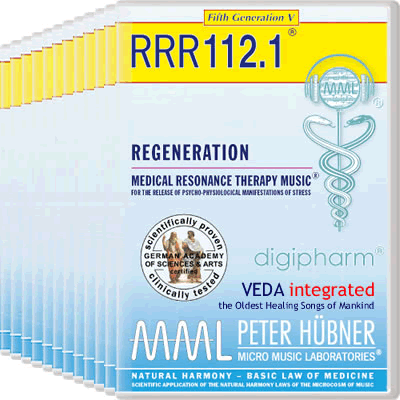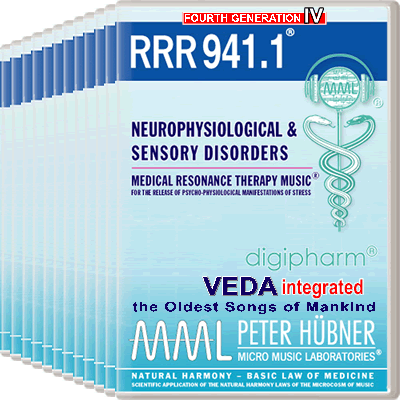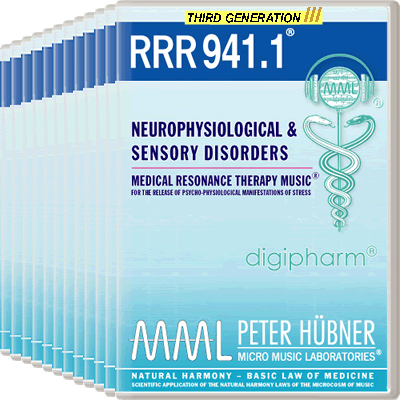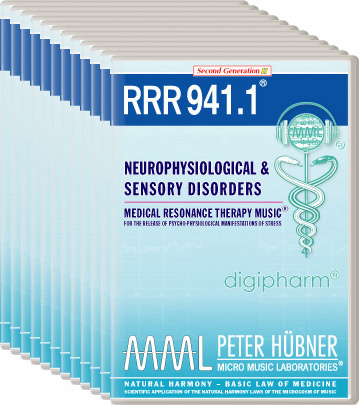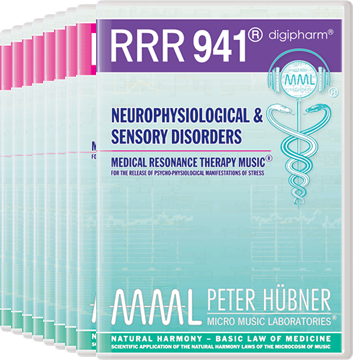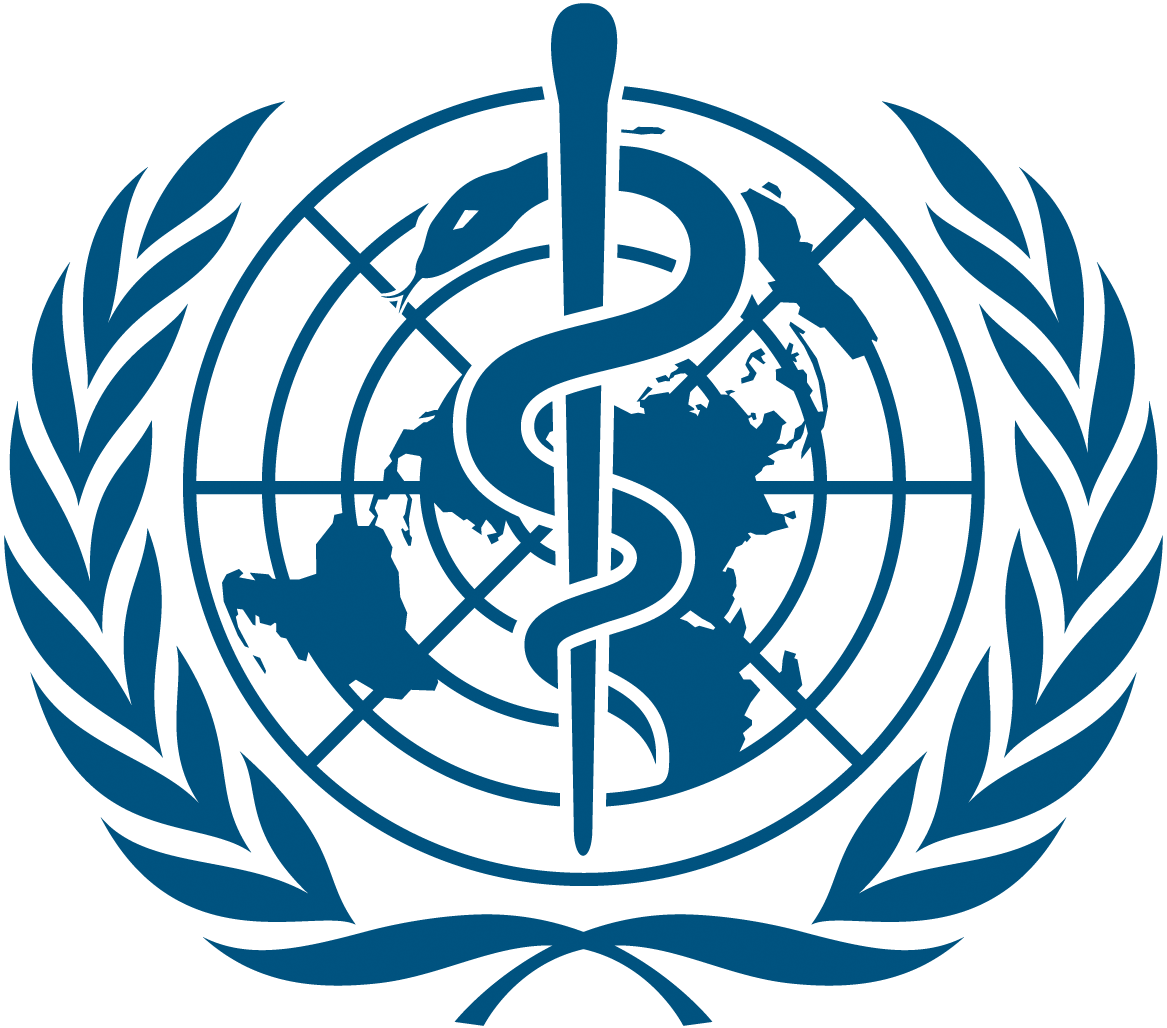Scientific Research
& Clinical Observations
in Detail

-
Overview
General Stress Symptoms
Relaxation
Pregnancy & Birth
Mother & Child / Pediatrics
Headaches / Migraine
Sleep Disorders
Pains / Post-Operative Pains
Gynecological Disorders
Disorders in Brain,
Nervous System & Senses Cardiac & Circulatory Disorders Disorders of the Hormone &
Immune System Diabetes Neurodermatitis / Psoriasis Epilepsy Multiple Sclerosis Radiation Sickness Concentration / Memory Mental Distress / Fear Courage to Face Life Creativity Harmony Vital Energy, Faster Recovery & Lower Drug Consumption
peter hübner micro music laboratories
MEDICAL RESONANCE THERAPY MUSIC®
SCIENTIFIC REDUCTION OF PSYCHO-PHYSIOLOGICAL MANIFESTATIONS OF STRESS
DISORDERS IN BRAIN
NERVOUS SYSTEM & SENSES
 |
Reducing the Frequency of Epileptic Seizures in Severely Sick Epileptic Patients |
 |
Reducing the Intensity of Epileptic Attacks in Epilepsy Sufferers |
 |
Reducing the Degree of Amnesia in Epilepsy Sufferers |
 |
Improvement of the Mental State / Self-Judgment of the Success of the Epilepsy Treatment |
 |
Improvement of the Mental State in the Intervals between Epileptic Seizures |
 |
Improvement of the Functional Asymmetry of the Brain in Epilepsy Sufferers |
 |
Improvement of the Individual Profile of the Functional Brain Asymmetry in Women under Vacuum Aspiration |
 |
Reduction of Beta-Waves in Patients with Multiple Sclerosis |
 |
Harmonizing Autonomous Innervation of Cerebral Arteries |
 |
Improvement of Neurotransmission Speed of the Optic Nerve in Multiple Sclerosis Patients |
 |
Normalization of Hemodynamic Parameters in Children with Autonomic Nervous System Disturbances |
 |
Reduction of Blood Pressure in Children with a Tonisympathic Form of Vegetative Angiodystonia |
 |
Reduction of Heart Frequency in Children with a Tonisympathic Form of Vegetative Angiodystonia |
 |
Improved Concentration in Older People with Arteriosclerotic Encephalopathy |
 |
Improving Auditory Memory in Older Patients with Arteriosclerotic Encephalopathy |
 |
Improved Visual Short-Term Memory in Older People with Arteriosclerotic Encephalopathy |
 |
Improved Learning Ability in Older People with Arteriosclerotic Encephalopathy |
 |
Improved Visual-Motoric Co-ordination in Older People with Arteriosclerotic Encephalopathy |
 |
Enhanced Psychomotoric Speed in Older People with Arteriosclerotic Encephalopathy |
 |
Improved Reaction Speed in Older People with Arteriosclerotic Encephalopathy |
 |
Improving Reaction Precision in Older People with Arteriosclerotic Encephalopathy |
 |
Significant Reduction of Severe Dizziness in Diabetes Patients |
 |
Reducing Dizziness in Older People with Arteriosclerotic Encephalopathy |
 |
A Regular Deep Relaxation in Patients with a Psychovegetative Syndrome |
 |
Activation of Anti-Oxidising Processes in Patients with Severe Radiation Sickness and Autonomic Neural Cerebrovascular Disorders |
 |
Reduced Sleep Disorders in Patients with a Psychovegetative Syndrome |
 |
Reducing Headache Frequency in Patients with Severe Radiation Sickness and Autonomic Neural Cerebrovascular Disorders |
 |
Reduction of Headaches in Older People with Arteriosclerotic Encephalopathy |
 |
Reducing Sleep Disorders in Patients Suffering from Severe Radiation Disease with Autonomic Neural Cerebrovascular Disorders |
 |
Reduction of Heart Rate in Older People with Arteriosclerotic Encephalopathy |
 |
Stimulation of Too Low Hormone Levels in Patients Severely Sick from Radiation Disease with Autonomic Neural and Cerebrovascular Disturbances |
 |
Release of Reactive Anxiety in Older Patients with Arteriosclerotic Encephalopathy |
 |
Improvement of the Mental State in Older Patients with Arteriosclerotic Encephalopathy |
 |
Stimulation of Imagination in Older People with Arteriosclerotic Encephalopathy |
